Sudan Transparency and Policy Tracker: Grassroots resistance to gold mining must be backed by policy
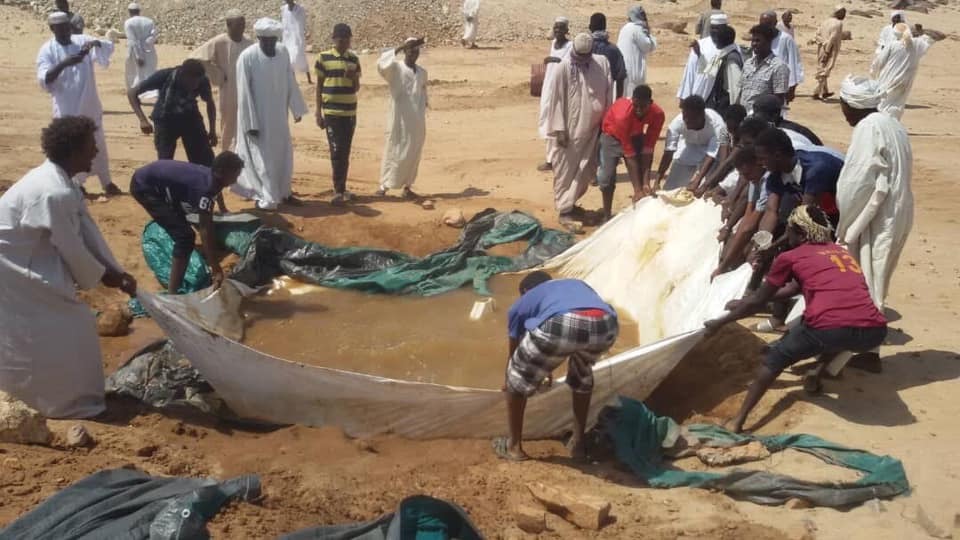
Mining in Northern Sudan (File photo: social media)
AKASHA / DORDEIB –
“Sit-ins and other forms of community protests, such as blockades of national highways and stoppage of pumping to Sudan’s oil refinery, have become a common, and increasingly frequent, feature of civic opposition” to Sudan’s gold mining sector, reported Dr Suliman Baldo on Monday.
In a Sudan Transparency and Policy Tracker (STPT) report tracing recent protests against “the capture of local resources by a powerful and kleptocratic central state and its commercial partners,” the prominent Sudan conflict resolution analyst called for a “reform-minded, civilian-led government” which can aid grassroots efforts to divest from harmful gold mining practices in Sudan.
The STPT attempts to encourage informed policy decisions both in Sudan and internationally on approaches to bring about stability and sustainable peace in the country. This report, Community Protests in Sudan’s Gold Mining Sector: Peaceful Resistance and Repressive Responses, argues that “it will take more than sporadic eruptions of grassroots resistance to put an end to Sudan’s kleptocratic capture of natural resources.”
“Demands for government investment in the revival of collapsed public health and education sectors, and the provision of other services, such as regular clean water supply and electric power,” are central demands of the protestors, Baldo said.
Okasha and Dordeib
In Okasha village in Halfa, Northern State, pollution, an increase in petty crimes, and the accumulation of plastic waste in the area have caused friction between the miners and the villagers. Residents have been protesting against the environmental damage caused by the mine for years.
Villagers complain about “widespread environmental damage” as a result of the use of toxins in gold mining activities.
Khatmi Hasan, an environmental activist in the area, told Radio Dabanga this week that Akasha has a mining market about a kilometre north of the village. “Two companies, Nugud and El Bashayer, that process mining waste containing mercury and cyanide temporarily store this waste [called karta in Sudan] at the market,” he explained.
“This market is located in a seasonal streambed [khor] that flows onto farmland and into the Nile. This poses a danger to the villagers during the rainy season when there is flooding.”
He and other activists have called on the authorities “to move the market to another place and to spare the villagers the danger of pollution and security threats.”
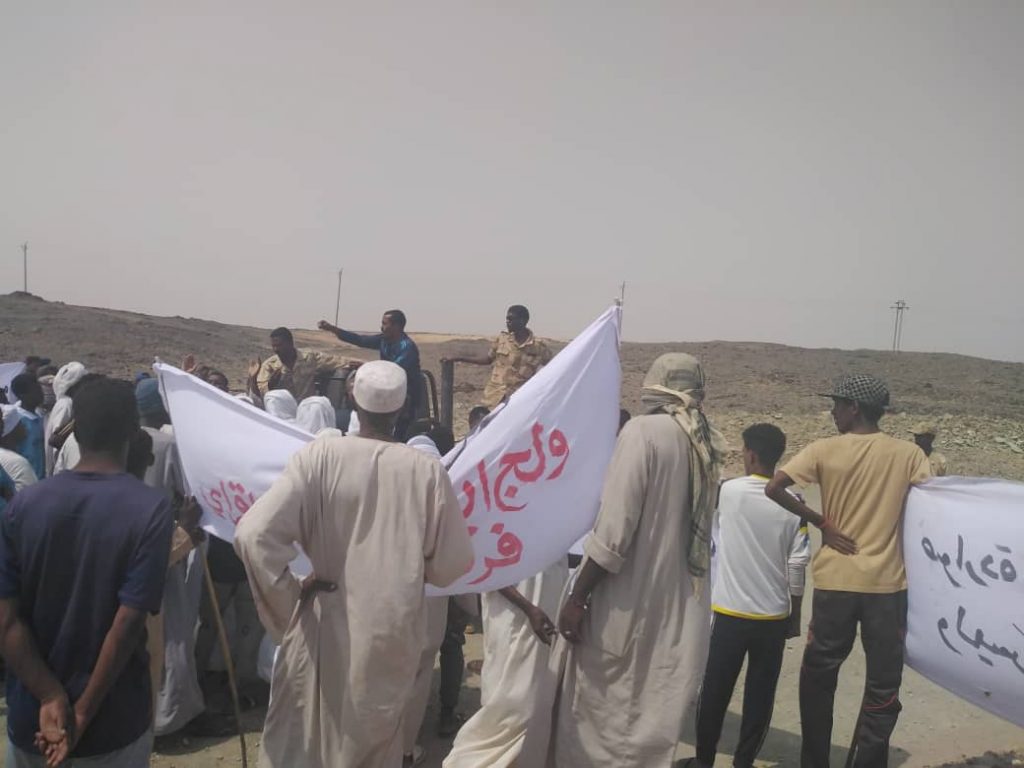
Activists in Dordeib, Red Sea state, warned of “an environmental and humanitarian catastrophe” in the area on Monday.
The activists have given the authorities one week to remove a cyanide-using gold mining plant in the area of the 45th Infantry Brigade. The Red Sea state Security Committee also called for the removal of the company.
The Dordeib Protest Committee said in a press statement that the gold processing plant is located near urban areas and the main channel of Khor Dordeib which feeds agricultural and grazing areas.
Gold extraction through chemical treatment with materials containing cyanide is causing an environmental disaster in Red Sea state, the local Demanding Bodies Association reported on November 25.
Mining companies
In September 2019, Director of Exploration of the Sudanese Mining Resources Company Naji Mahmoud claimed that there are 424 mining companies in Sudan that are owned by members of the ousted Al Bashir regime.
He said that 48 foreign companies operate in the sector, including Russian, Turkish and Chinese plants. He cited investment constraints because of influential former regime brokers. The director also claimed that certain security services finance themselves through the mining sector.
The vision of the local communities was realised in the first mining conference in December 2019. Solutions were based “on the fact that local problems are linked to the overall vision and the treatment lies in a change in policies and management structures.”
The main outcome of the conference was that the government should give the right of environmental oversight to local communities. “Due largely to the instability in Sudan, the government did not endorse and implement the vision of these demand groups,” noted Baldo.
Health risks
Environmentalists have been warning of the health and environmental hazards of the use of toxic mercury and cyanide to extract gold from ore for years.
A recent report on mercury poisoning in Sudan points out that “years of indiscriminate use of dangerous chemicals such as mercury, cyanide, and thiourea without protective measures for miners or local populations has exposed millions of citizens across Sudan to lethal risks”.
The Sudan Democracy First Group also highlighted the human and environmental costs of traditional gold mining in the region in a report published in November 2018.
In January 2018, a medical team led by the Health Minister of gold-rich South Kordofan investigated the increase in miscarriages, the birth of deformed children, and cases of kidney failure in El Tadamon.
At the same time, Northern State education authorities decided to close the Sawarda school complex in response to cases of coughing, vomiting, and shortness of breath among students. The situation was attributed to the poor environmental and health conditions due to activities of the International Company for Mining, which spread mining waste and dust in the area.







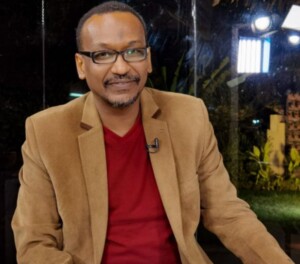
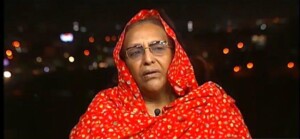
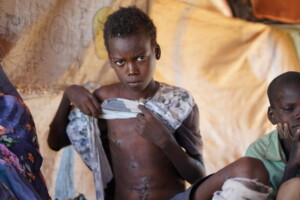

 and then
and then